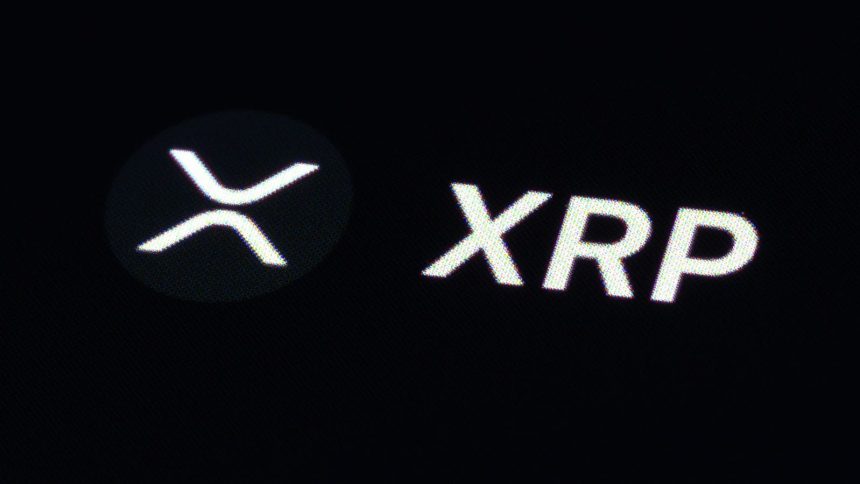The XRP token, associated with Ripple Labs, has experienced a remarkable surge in prominence, now ranking as the fourth-largest cryptocurrency by market capitalization. This rise, highlighted by a dramatic rally sparked by President-elect Donald Trump’s election victory in November, alongside speculation regarding the potential dropping of the U.S. Securities and Exchange Commission’s (SEC) legal case against Ripple, has galvanized investor interest. As of the latest reports, XRP’s price peaked at over $2.50 before stabilizing around $2.30, showcasing an impressive 21% increase within 24 hours and a nearly 50% increase over the past week.
In more quantifiable terms, Ripple’s market capitalization has escalated from approximately $30 billion to an astounding $131 billion since the election. This uptick also saw XRP’s market cap exceeding $100 billion for the first time since 2018 over the past weekend. The token not only overtook Solana’s SOL but also made a brief ascent past Tether’s USDT stablecoin market value before settling lower. In this fast-moving cryptocurrency landscape, Bitcoin continues to dominate with a market cap nearing $1.89 trillion, while Ethereum maintains its position as the second most valuable cryptocurrency with a market cap of $436 billion.
The catalyst for XRP’s explosive growth over the weekend can be traced back to a report from Fox Business suggesting that the New York Department of Financial Services might soon greenlight the launch of Ripple’s RLUSD stablecoin. According to the report, Ripple is preparing to initiate the RLUSD launch as early as December 4. This news has stoked investor enthusiasm, highlighting not only the potential success of Ripple’s forthcoming stablecoin but also a broader confidence in the company’s direction and strategies.
Ripple Labs has been embroiled in legal challenges since 2020, when the SEC filed a lawsuit alleging that the company sold XRP tokens without registering them as securities. A pivotal moment in the legal battle occurred last July when a federal judge ruled that Ripple did not break securities laws by selling the token on public exchanges. Despite this, the SEC appealed the decision in October, continuing the uncertainty surrounding Ripple’s future. The recent political landscape shift with Trump’s victory has led to speculation regarding the SEC’s handling of the case, particularly given the announcement of current SEC Chair Gary Gensler’s impending departure in January.
Amidst this evolving situation, notable figures, including former Commodity Futures Trading Commission (CFTC) Chairman Chris Giancarlo, have voiced their opinions on the matter. Giancarlo has expressed that the SEC should consider dropping the case against Ripple, underscoring the growing calls for regulatory clarity in the cryptocurrency space. His potential appointment as a “Crypto Czar” in the coming Trump administration adds another layer of intrigue, raising expectations for a more favorable regulatory environment for digital assets.
Looking ahead, Ripple CEO Brad Garlinghouse has been actively engaged in discussions around the future of crypto regulation. He recently shared insights from an interview conducted for CBS News’ 60 Minutes, in which he addressed the industry’s push for greater regulatory clarity and the collective efforts made to support pro-innovation candidates across the political landscape. As investors and observers alike monitor these developments, the potential outcomes of the Ripple case and the overall regulatory environment in the U.S. will be critical in shaping the future trajectory of XRP and the broader cryptocurrency market.



